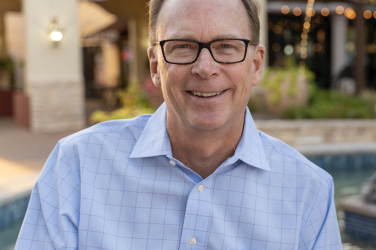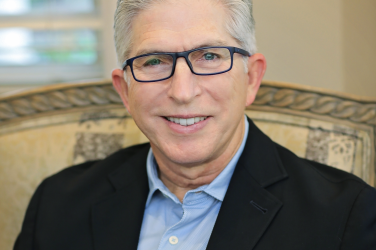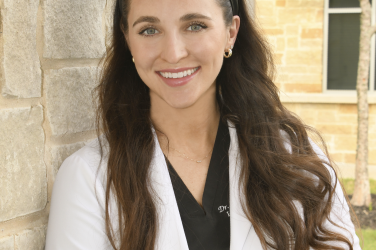
Q&A
Hospice
What makes Hope Health Care different from other hospices?
Hope Health Care practices a structured and specific care model called “Signature Care.” This model trains and certifies all hospice care professionals in specific and predictable patterns of care.
Hope Health Care is also the only hospice in the DFW metro with a veteran program led by a military chaplain with combat experience. The program is called We Honor Veterans. This is an important differentiator because veterans who have seen combat often have a very different end-of-life experience.
Isn’t hospice a place where you go, like going to a hospital? Isn’t it just fora dying person’s the last couple of days of life?
Most people say they would prefer to spend their last months and days at their own home. Hope has a team of approximately 50 to 60 people who care for patients and families that reside in Living Magazine’s readership area, bringing expert and compassionate care to those facing serious illness wherever they call home.
Hospice is intended to be utilized for six months if the disease progresses its normal course. A Duke University study suggests that hospice increases the quality and quantity of life. The study showed that patients who received hospice care lived an average of 29 days longer than those who did not. For patients with congestive heart failure, the average difference was 71 days more.
How does your team approach pain management and symptom control to ensure the comfort of patients?
The two greatest fears at the end of a serious illness are dying in pain and alone. Hope Health Care’s pain and symptom management experts bring the care to you, wherever you call home. Hope Health Care doctors, nurses, aides, and other professionals can bring the comfort care to the bedside at home.
What is the protocol for handling emergencies or crises outside regular business hours?
Hope Health Care employs a full-time nurse after business hours during weeknights and weekends to respond to any emergent need. Hope also partners with NorthStar Triage, staffed by hospice and palliative care nurses who answer the phone when the Hope offices are closed. These nurses provide help over the phone to bring peace and assurance in times of emergent need. If needed, they will send nurses from Hope who are on call to make a visit to a patient’s home after business hours. In essence, a hospice never closes, and care is always available.
How often will a member of your team visit my loved one?
While the frequency of care depends on the patient and family needs, the Hope Health Care aides usually come to help the patient two to five times a week. Hospice patients usually see the nurse at least once per week and, when needed, more often, up to each day.
About The Expert

Chad Higbee, BA, CHA, CHPO, ACHE
Hope Health Care
Chad Higbee is the CEO, managing partner, and co-founder of Hope Health Care. He has nearly 30 years of hospice-specific experience and has served on the executive board of the Texas and New Mexico Hospice Organization as its President, among other roles. He’s a graduate of the University of Oklahoma.










